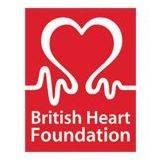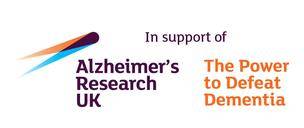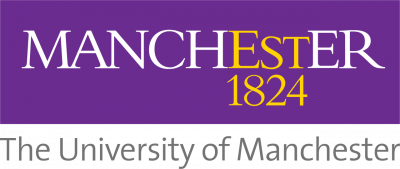Editor - Rebecca Foulger
Gene Annotation and Ontology Development: A protein-focussed approach
In our April newsletter we reported progress in our GO annotation of proteins involved in autophagy and Wnt-signaling. As planned, we have now switched our focus from processes & pathways to curate the products of genes associated with Parkinson's, including causative genes and risk genes. Our focus includes 48 high priority genes identified through published GWA studies and genetic analyses, and we are initially concentrating on the genes that have the least existing GO annotation, including ACMSD, ATP13A2 and INPP5F. We have comprehensively annotated seventeen genes on the list, with FBXO7 and STX1B as our current targets. GO is designed for annotation of all gene products, not just proteins, and this annotation approach has led to my annotation of microRNAs (miRNAs) including miR-137 that regulates expression of NUCKS1, one of our high priorities. It's also shown how useful it is to be part of the same team as the curators who co-ordinated development and implementation of the miRNA GO-annotation guidelines (Huntley et al., 2016)!
Our annotation continues to prioritise human proteins, and research funded by Parkinson's UK. The overall annotation count for the project so far (June 16th 2016) is 6314 GO terms associated with 1427 proteins (not forgetting those miRNAs!), including 4006 annotations to 871 human proteins. This means in the two years our project has been running, we have contributed over 1% of the manual human annotations, covering over 3% of manually-annotated human proteins.
We are continuing to revise and add to the ontology itself during our curation, recently adding terms including 'lysosomal protein catabolic process' (GO:1905146) for annotation of ATP13A2, and 'magnesium:sodium antiporter activity' (GO:0061768) for annotation of the solute carrier SLC41A1. Creating these more specific GO terms allows us to fully-capture experimental assays, and provide a more complete picture of the role of a gene in a process.
Meetings Attended
It's been an active few months of meetings: at the end of April, I attended the Queen Square Parkinson's and Movement Disorders (MD) symposium, which emphasised the key role genetics plays in Parkinson's - quite a shift in thinking over the last 20 years! In June, Paul travelled to Berlin to present our project at both the International Parkinson Disease Genomics Consortium (IPDGC) meeting, and the 20th International Congress of the Parkinson's Disease and Movement Disorders Society, while I took part in the UCL Neurosciences Symposium, interacting with Parkinson's researchers at UCL. All these meetings are invaluable, enabling us to hear about the key current findings in Parkinson's, and thus adding proteins and processes to our dynamic curation priority lists. As a member group of the GO Consortium, Ruth participated in the 9th International Biocuration Conference and the subsequent GO Consortium meeting in Geneva. More recently Ruth also joined a project meeting at the BROAD Institute; Ruth and I have been providing GO annotation advice to their curators at Amsterdam University who are annotating synaptic proteins, an area very relevant to our own focus.
Community Feedback
Our current funding runs till December 2016, so we would also appreciate comments on the accuracy and completeness of annotations - let us know if we have accurately represented your favourite Parkinson's gene. Recommendations of large-scale transcriptomic or proteomic datasets relevant to Parkinson's, which we could use to test our revised annotations, would be useful. And it's not too late to get in touch with priority topics, papers or proteins - our priority lists are continually evolving in line with research findings.
Bioinformatics Workshop
We are running our ninth Bioinformatics and GO Annotation Workshop on 14 - 15 July 2016 at UCL. Please register if you would like to attend this (free!) workshop. It's a great place to learn more about GO, including the curation process, and our group will be on hand over both days to answer your questions and help with your GO data analysis.
Please contact us to receive this quarterly Newsletter by email
 Close
Close








